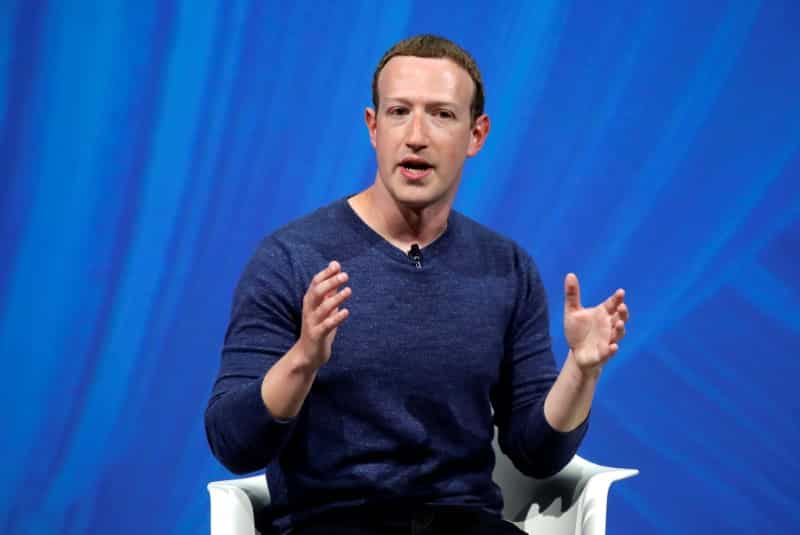Facebook CEO Mark Zuckerberg is expressing concern about the dangers of the economy reopening too quickly, insisting that it could “almost guarantee” a second wave of the coronavirus.
While Facebook’s profits have nearly doubled likely due to the stay-at-home orders around the world, he’s deeply concerned about what may happen if the country reopens in haste.
During an earnings conference call, Zuckerberg admitted that he worries some areas may be reopening before they’ve reduced infection rates to minimal levels which could almost guarantee more outbreaks.
“While there are massive societal costs from the current shelter in place restrictions, I worry that reopening certain places too quickly,” Zuckerberg said on Wednesday, adding, “Before infection rates have been reduced to very minimal levels, will almost guarantee future outbreaks and even worse economic outcomes.”
To the billionaire businessman, reopening too soon could lead to an even worse economic collapse.
“I am very concerned that this health emergency and therefore the economic fallout will last longer than people are currently anticipating.”
Zuckerberg voiced his concerns the same day President Donald Trump and Vice President Mike Pence met industry executives to further discuss plans to reopen the country.
The president also confirmed that the federal government’s social distancing guidelines would be “fading out” as governors would be stepping in to enforce tailored guidelines.
See their discussion below:
Pres. Trump told reporters in the Oval Office that the current coronavirus social distancing guidelines will be “fading out”https://t.co/Sn26l57Lcd pic.twitter.com/oRuv2uACcy
— CBS News (@CBSNews) April 29, 2020
Zuckerberg’s latest comments also follow his initial concerns about the coronavirus. He and his wife Dr. Priscilla Chan have partnered to develop the Chan Zuckerberg Initiative, which is a philanthropic organization focused on combating diseases.
As states all over the country began shutting down, Zuckerberg and his wife’s initiative were among the first organizations to urge its employees to work remotely.

























 Continue with Google
Continue with Google